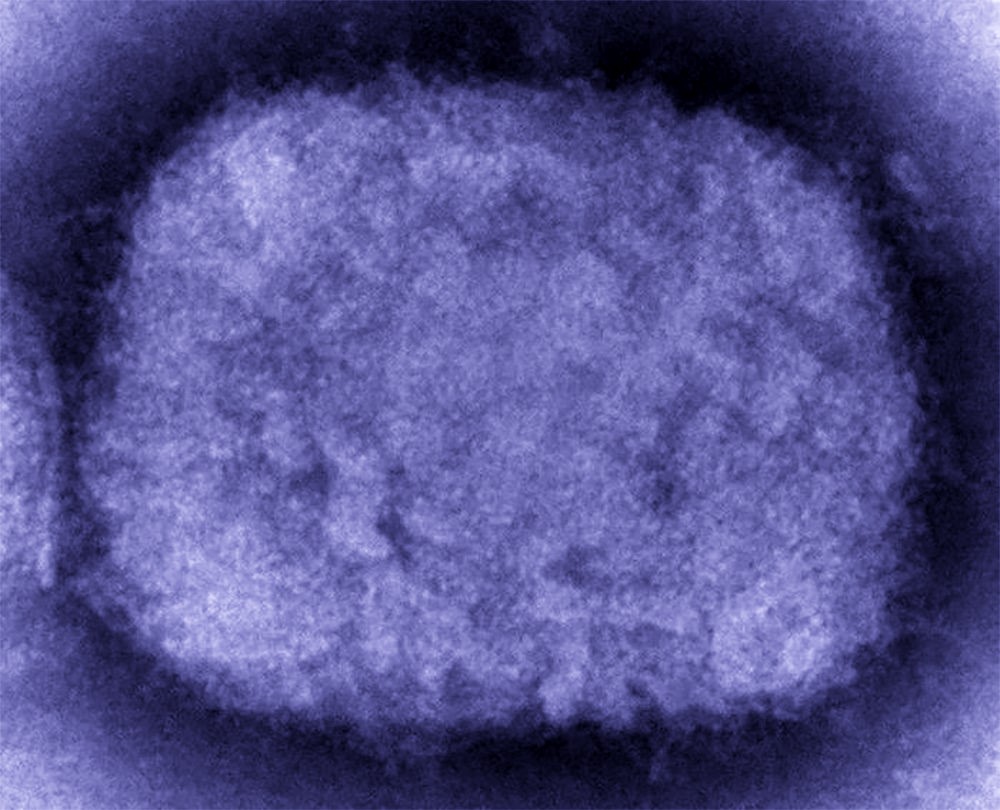
The New York City Department of Health and Mental Hygiene today announced that, starting tomorrow, Thursday, October 6, 2022.
The City will adopt a pre-exposure prophylaxis (PrEP) model by expanding eligibility for monkeypox (MPV) vaccination to protect more New Yorkers who may be at risk of exposure.
“As a community working closely together, we have radically reversed the trajectory of this virus,” said Health Commissioner Dr. Ashwin Vasan. “By introducing preexposure prophylaxis vaccination – or reaching people who may be exposed in the future – we will protect even more New Yorkers and continue to blunt this outbreak.”
The city will open 30,000 new appointments on October 6 at 4 p.m., under new eligibility guidelines which include:
- people of any sexual orientation or gender identity who have or may have multiple (more than 1) or anonymous sex partners, or participate or may participate in group sex;
- people of any sexual orientation or gender identity whose sex partners are eligible per the criteria above;
- people who know or suspect they have been exposed to MPV in the last 14 days; and
- anyone else who considers themselves to be at risk for MPV through sex or another intimate contact.
While the city expands eligibility, the outbreak continues to affect some groups more than others.
Therefore, the Health Department strongly recommends the JYNNEOS vaccine for people who:
- are men whose sex partners are men (cisgender or transgender), transgender women, or gender nonconforming or nonbinary individuals; especially those who have been diagnosed with a sexually transmitted infection (STI) in the past 6 months
- are transgender, gender non-conforming or gender non-binary, especially those who have been diagnosed with an STI in the past 6 months
- are cisgender women whose sex partners are men who have sex with men or who are transgender, gender non-conforming or gender non-binary
- participate or may participate in sex parties or other events where there is minimal clothing and direct, frequent, or prolonged skin-to-skin contact
- people who have had or anticipate having sex at a commercial sex venue or sex in association with a large public event
- are taking HIV pre-exposure prophylaxis (PrEP)
- are living with HIV
- sex workers, erotic workers, and anyone engaging in survival sex or any other types of transactional sex (including sex in exchange for money, food, shelter, or other goods) of any sexual orientation or gender identity.
To date more than 130,000 first and second doses of the JYNNEOS vaccine have been administered following a campaign that forged new strategies for the nation. This includes being the first jurisdiction to offer vaccination to those most at risk of exposure, prioritizing first doses while vaccine supply remained low, standing up for mass vaccination and pop-up mobile sites, and implementing equity-driven strategies like referrals through trusted clinical providers and community-based organizations. In addition, the city has continued to work closely with community partners including by participating in nearly 500 community events since June, engaging with more than 33,000 individuals, scheduling more than 400 appointments during active outreach, and awarding $5 million to over 20 community-based organizations across all 5 boroughs to promote vaccination, assist with vaccine navigation, and more.
New Yorkers who received their first doses are strongly advised to get their second doses 28 days after their first. Walk-in appointments are available. To find a location where vaccine is available go to: https://vaccinefinder.nyc.gov/.
For more on MPV, go to: https://www1.nyc.gov/site/doh/health/health-topics/monkeypox.page.
Moving forward, the Health Department will refer to the virus as MPV. The previous name is an inaccurate and stigmatizing label for a virus that is primarily affecting a community that has already suffered a long history of bigotry. Stigma is a shadow affliction that can follow viruses and drive people away from care, even when the illness itself is treatable. The Department requested the World Health Organization change the name, and continues to urge global health authorities to make this modification universal. However, the equity considerations are too great to wait any longer.
Become a Harlem Insider!
By submitting this form, you are consenting to receive marketing emails from: . You can revoke your consent to receive emails at any time by using the SafeUnsubscribe® link, found at the bottom of every email. Emails are serviced by Constant Contact








